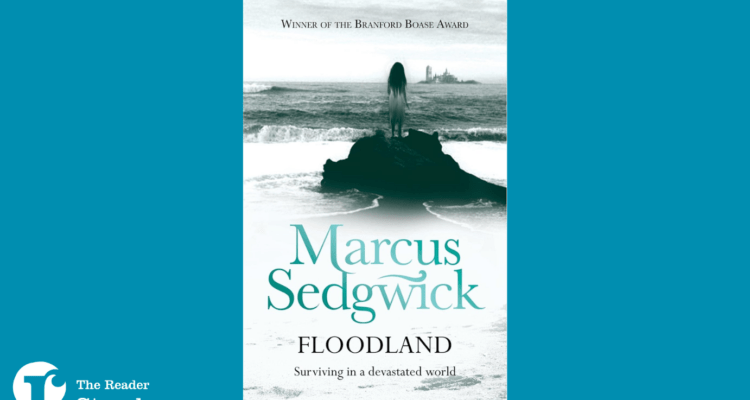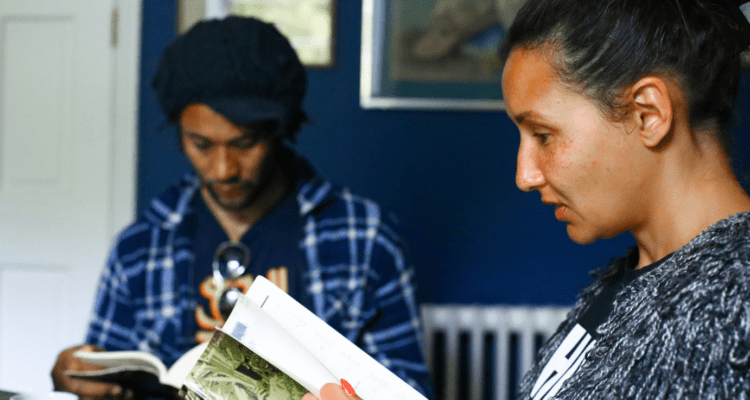So Spirited a Town: Visions and Versions of Liverpool
Nicholas Murray, author of, among other things, biographies of Bruce Chatwin, Franz Kafka, and Mathew Arnold, writes about his book So Spirited a Town, which is published by Liverpool University Press. As an 'outsider' who has just finished writing a book about Liverpool I have a particular interest in the subject of So Spirited a Town, since writing about a place ties you to it forever. Here's what Nicholas has to say about his book (more on his website and his blog):
__
I wrote this book about Liverpool to show how it has been seen through the eyes of writers--some indigenous but the majority outsiders--who felt compelled to leave their impressions of my native city. Some were pleased with what they saw, others not, but their written accounts add up to a very rich source and the book was a great pleasure to research. I include Dickens (who gave me my title), Swift, Defoe, Hopkins, Melville, Hawthorne, Orwell, Malcolm Lowry, James Hanley, George Garrett, and countless others. Some are well-known, some almost forgotten. I found room for politicians and priests, poets and preachers as well as professional writers. I spent many hours exploring a range of sources: books, essays, diaries, letters, memoirs, sermons, eccentric guidebooks (particularly good fun), quirky old histories, poems, pamphlets, jokes. Since this is also a very personal book I intermingled with these accounts impressions and memories of my own growing up in Liverpool in the 1950s and 1960s.
Although I was born in Liverpool and educated at school and university in the city I have not lived in Liverpool since the mid-1970s so don’t expect it to be a finger-on-the-pulse guide to what is currently cool on Merseyside. I leave that to the experts!
But in writing largely about the past I am conscious of how much that past continues to exercise a live influence on Liverpool. I don’t mean that the city is backward-looking but that it is impossible to understand it without knowing what it has lived through. It has often been a harsh tale of unimaginable suffering. Consider the plight of the Liverpool poor throughout the nineteenth century and early twentieth century when the port was one of the richest in the world. Or the terrible horrors of the slave trade which created Liverpool’s wealth. As a child growing up in the suburb of Waterloo I felt myself surrounded on all sides by the actual texture of the nineteenth century: Victorian terraces, cobbles, street names, everything that now gets labelled “heritage” but this was at a time when the Beatles were the latest thing. Liverpool, in other words, has always known how to adapt and change without losing its memory.
I have written about my childhood and schooldays and I have explored the accounts of some quite recent writers--like Primo Levi or Nikos Kazantzakis or Karel Capek--whose presence in Liverpool many may not be aware of. It is a hybrid book and I like hybrid books. I also hope it is an entertaining one and will stimulate readers to go back and explore some of the texts to which I refer.
2008 makes Liverpool the European Capital of Culture. We all have our own idea of what “culture” means and mine probably isn’t quite the same as that of the Culture Company--I am after all the biographer of Matthew Arnold author of Culture and Anarchy (who died in Liverpool by the way). ‘Culture’ in the European Year sense seems to be rather more about shopping but then that’s culture too, I hear you say, and of course it is. I hope that my book makes some sort of contribution to the discussion and I look forward to seeing many of the events that are being lined up for next year.
___
Share
Related Articles

The Storybarn Selects… From The Reader Bookshelf
Our last deep dive into the 2023/24 Children and Young People's Reader Bookshelf is a review of Floodland by Marcus Sedgwick…

March’s Stories and Poems
March’s stories, extracts and poems have been chosen on the theme ‘Moving on’, which perhaps feels especially relevant as we…

February’s Stories and Poems
February’s selection of stories, extracts and poems have been chosen on the theme of ‘Making connections’. We spend so much…


